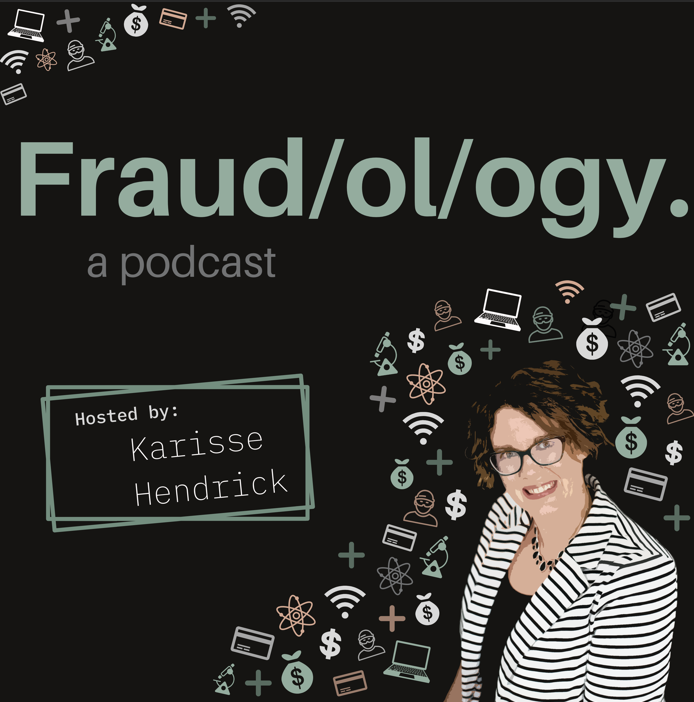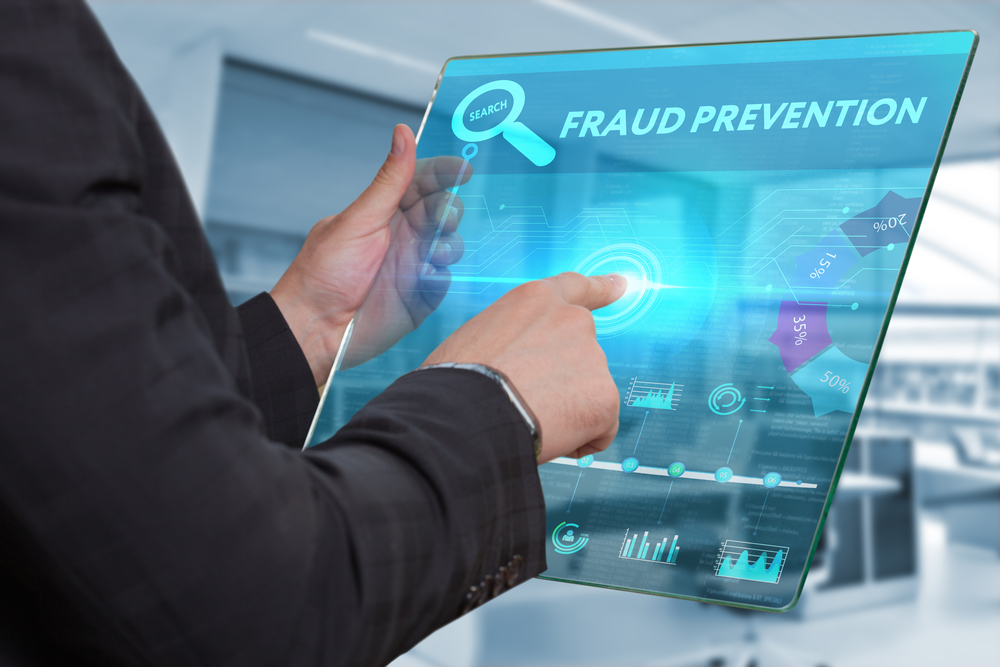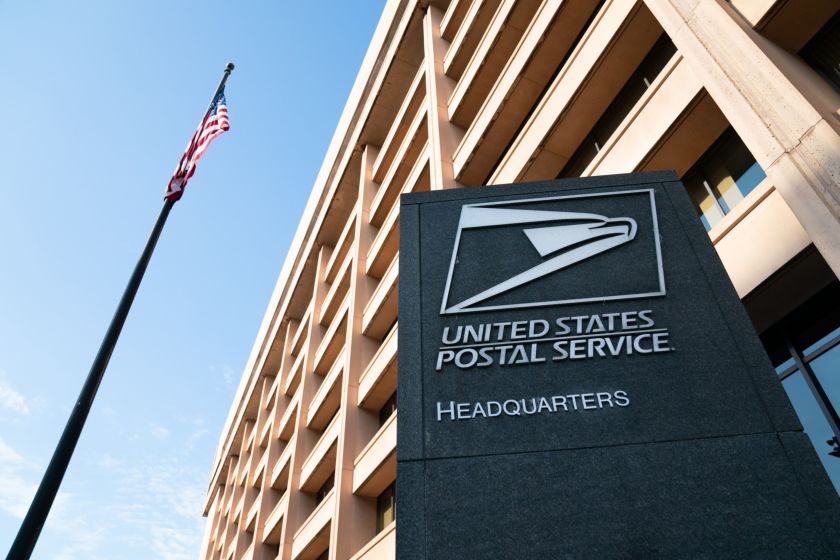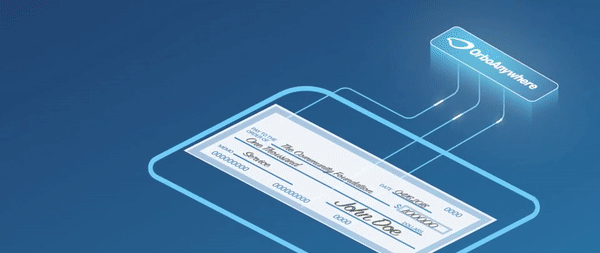Fraud/ol/ogy Podcast: Highlighting the Rise in Check Fraud
- Check fraud is "the oldest fraud in America"
- Postal carriers are being physically assaulted
- "Supply and demand" of checks for fraud is elevated these assaults even further
Fraud is a major topic throughout the business world. No matter the type -- from retail to big tech -- fraud remains one of the biggest challenges. This has led to individuals uniting under the "Fraud Fighters" moniker, with a presence across different social media platforms such as LinkedIn.
Fraud Fighter Karisse Hendrick has taken her passion for the world of fraud prevention and chargeback reduction and created the Fraud/ol/ogy Podcast. On the podcast, Karisse dives into all areas of Fraudology from the perspective of a fraud-fighter. Podcast guests range from former cybercriminals, to fraud-fighters at Fortune 500 companies, to law enforcement and others.
While the podcast focuses on online and digital fraud, Hendrick welcomed Frank McKenna, Chief Fraud Strategist and Co-Founder of PointPredictive Inc. and owner of the Frank On Fraud blog, for an enlightening discussion of fraud trends and the disturbing escalation to violence that check fraud has inspired recently.

Escalating Numbers
In the podcast, McKenna characterizes check fraud as the "oldest fraud in America, and points out that "the U.S. is the only country that still uses checks quite a bit" and that "check fraud is going up and up and up every year."
For instance, McKenna notes, 2018 saw $156 billion in losses due to check fraud. The number for 2022 is up over 100%.

"Every bank has reported massive spikes in check fraud over the past year," he notes. "Millions of new fraudsters here in the U.S. have learned how to 'commit fraud' in the time of stimulus."
Fraudsters are also using a service called "Glass" to get checks replicated.
"If you think about it, 'Glass' refers to 'clear,' and when you get a check 'clearing,' it means it's going to 'work,' it's gonna clear the bank and you're going to get your money."
The first step to getting fraudulent checks made is to get hold of some actual checks from which to steal information. Unfortunately, this puts postal carriers in the crosshairs, as they carry special postal keys that allow entry into postal service mailboxes.
Violent Attacks on Postal Carriers
McKenna dives into the issue that the post office is facing -- the rise in violent attacks against postal carriers.
"During the pandemic, they cut back on postal police to protect our postal carriers," McKenna says. "And when that happened, postal carriers started being targeted, at gunpoint, demanding they turn over those postal keys. People want those postal keys because you can go into the mailboxes of an entire city - basically it's a master key."

Once checks are in hand, fraudsters can wash them and reuse them. Fraudsters post the "cleaned" checks on Telegram, for instance, and sell them to other fraudsters.
Telegram has become widely recognized as the go-to platform for discussing anything crypto, and virtually every major blockchain-based project and cryptocurrency community now operates a Telegram group and/or channel.
"In certain zip codes, people are being advised not to send checks anymore," says McKenna.
Mixed Messages on Checks Frustrating Banks
Banks are frustrated, McKenna says. While technology exists to stop this kind of check fraud, banks have gotten other messages.
"For twenty years, people have told them that checks are going away... a lot of banks are using very, very old fraud technology they bought before they upgraded to Windows '95! A lot of banks are using very, very, very old check fraud technology, because the executives are like, 'Why would I invest in check fraud detection systems, 'cause checks are going away.' Meanwhile, fraud goes up and up and up and up...'"
Banks have already begun to upgrade their technologies for check fraud detection, leveraging image forensic AI to interrogate the images of checks for counterfeits, forgeries, and alterations. This technology is being deployed in complement to transactional analytics solutions that provide a full-scope coverage for check fraud.

McKenna reminds us that 60% of banks fraud losses are due to check fraud. Technology is the only practical solution to reducing these losses.